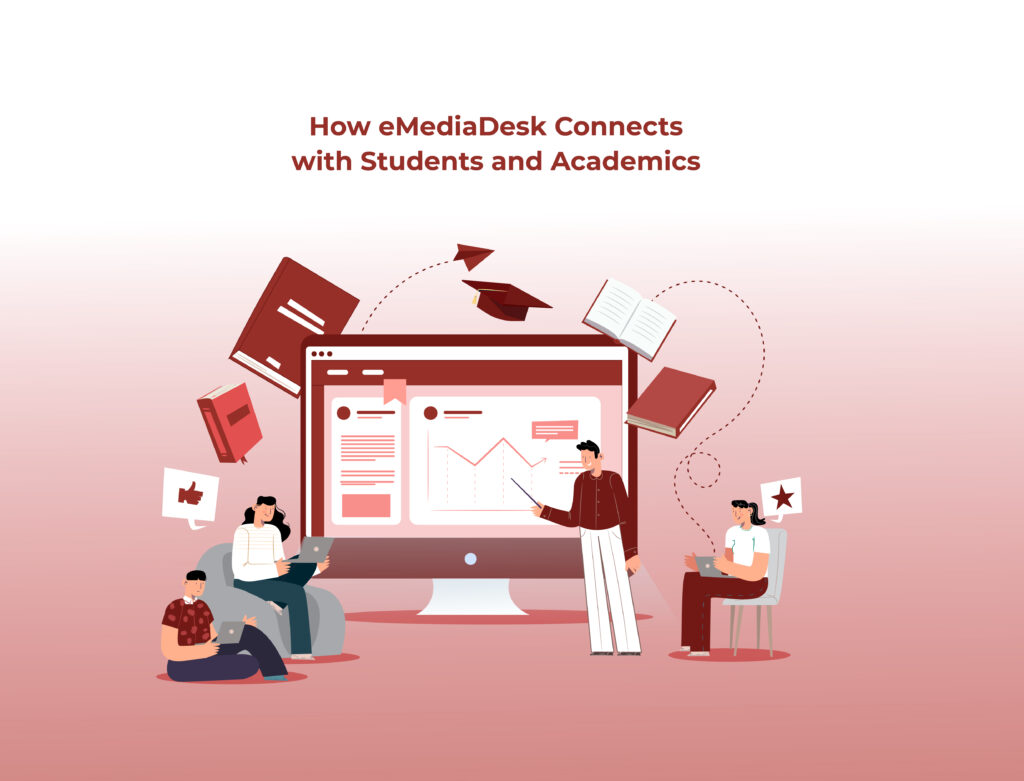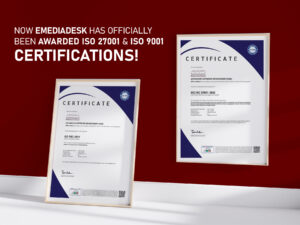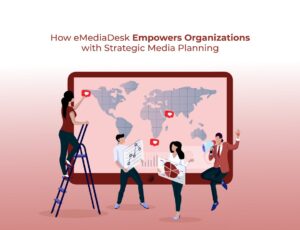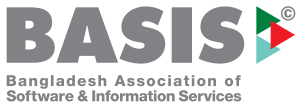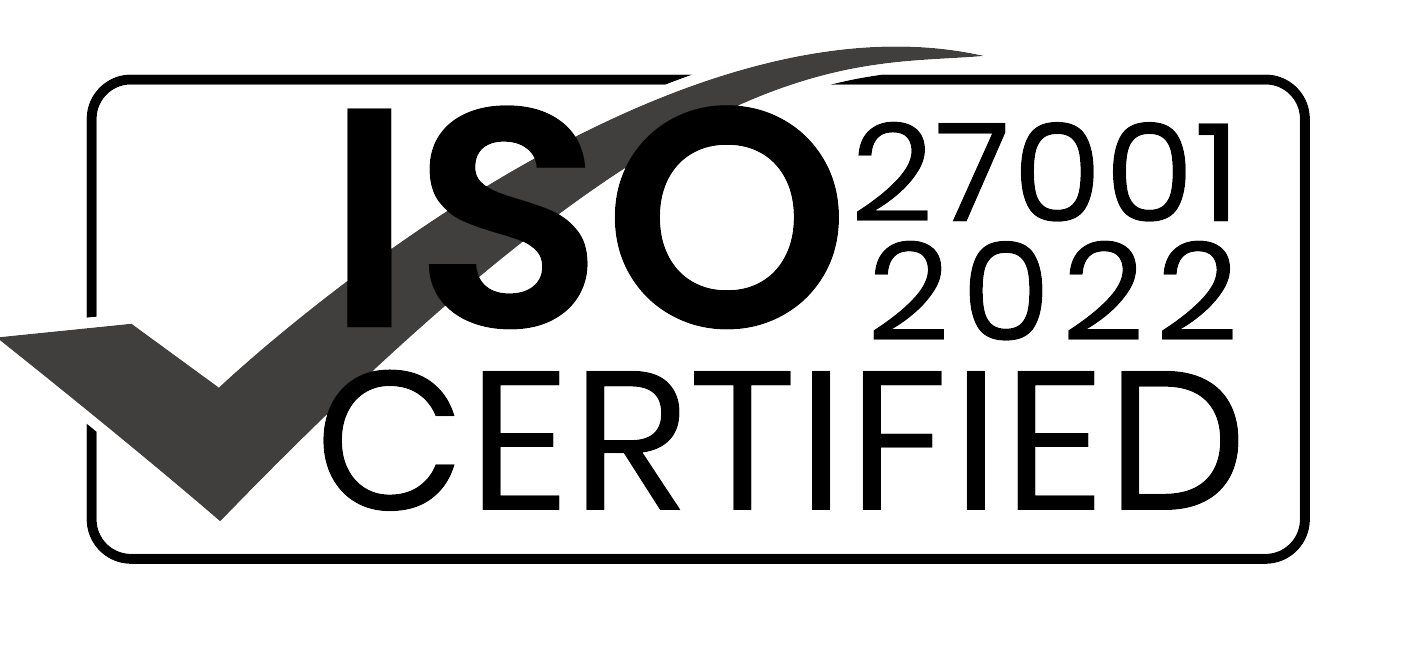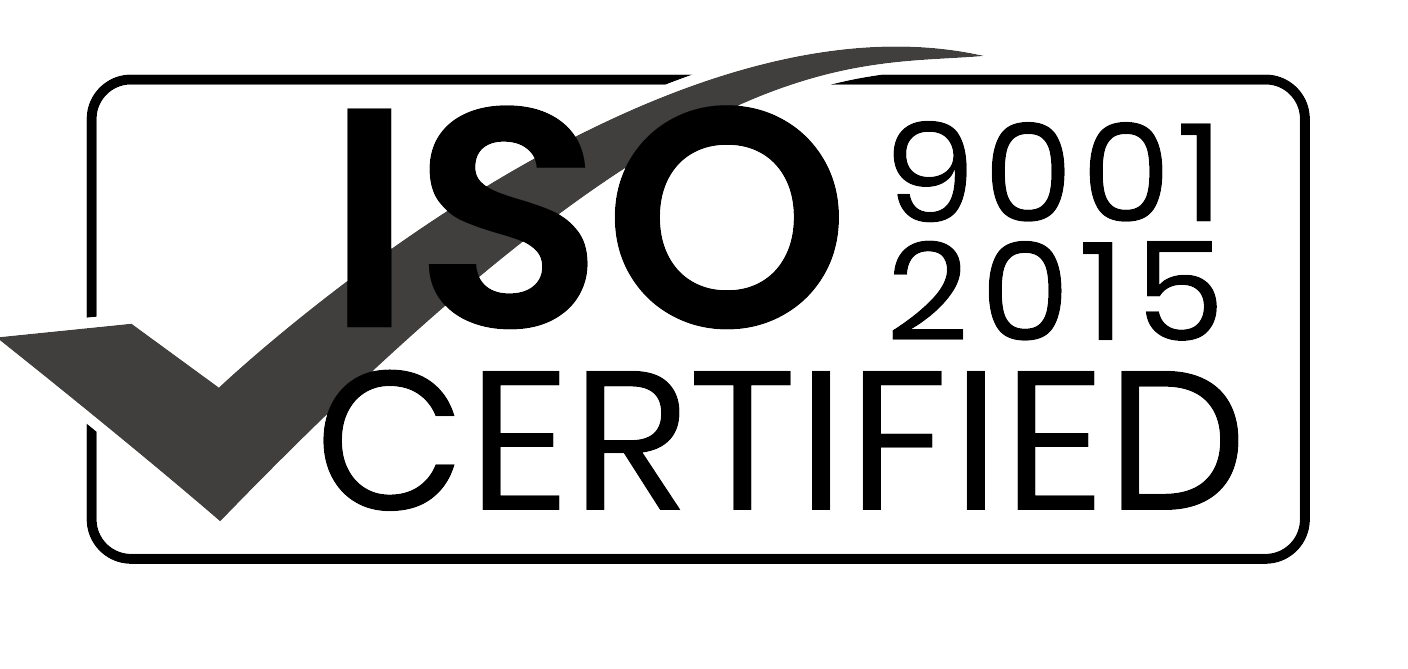Introduction
In today’s educational landscape, effective communication with students and academics is essential for fostering engagement and achieving institutional goals. At eMediaDesk, we specialize in media advocacy strategies that help educational institutions connect with their audiences—both students and academic professionals. This blog explores how eMediaDesk tailors its approach to meet the unique needs of educational institutions and enhance their outreach efforts.
Understanding the Audience
Educational institutions have diverse audiences, including students, faculty, alumni, and prospective students. Each group has distinct interests and communication preferences:
- Students: They are digital natives, often seeking engaging and interactive content. They value transparency and relevant information.
- Academics: This group looks for professional and scholarly communication. They appreciate content that highlights research, achievements, and academic opportunities.
eMediaDesk’s Strategies for Connecting with Educational Institutions
- Customized Content Creation
eMediaDesk creates tailored content that speaks directly to each segment of the educational audience. For students, we focus on engaging and interactive content, such as video tutorials, campus life highlights, and student testimonials. For academics, we produce more formal content, including research updates, academic achievements, and professional development opportunities. - Leveraging Digital Platforms
We utilize various digital platforms to reach different segments of the educational community. For students, social media platforms like Instagram and TikTok are ideal for sharing dynamic content and engaging in conversations. For academics, LinkedIn and professional forums are used to disseminate research findings, academic news, and networking opportunities. - Interactive Campaigns
Interactive elements are key to engaging students and academics alike. We design campaigns that encourage participation, such as online surveys, virtual events, and interactive webinars. These campaigns not only engage the audience but also provide valuable feedback and insights for the institution. - Showcasing Success Stories
Highlighting success stories and achievements is crucial for building a positive image. We work with institutions to showcase student accomplishments, faculty research, and alumni successes through compelling stories and multimedia presentations. These stories help build a sense of pride and connection within the educational community. - Fostering Community Engagement
Building a sense of community is essential for educational institutions. We create content that promotes community events, collaborative projects, and networking opportunities. By highlighting these activities, we help institutions strengthen their connections with students and academics.
Case Studies and Success Stories
One notable project involved promoting a university’s research conference. eMediaDesk developed a campaign that included video interviews with keynote speakers, interactive event previews, and live social media updates. The campaign successfully increased attendance and engagement, showcasing the university’s research prowess and connecting with both students and academic professionals.
Future Outlook
As educational institutions continue to evolve, so will their communication needs. We anticipate that digital and interactive content will remain central to engaging students and academics. eMediaDesk is committed to staying ahead of trends and adapting our strategies to meet the changing needs of educational institutions.
Conclusion
Effective communication with students and academics requires a tailored approach that addresses their unique needs and preferences. At eMediaDesk, we focus on creating customized content, leveraging digital platforms, and fostering community engagement to help educational institutions connect meaningfully with their audiences. By implementing these strategies, institutions can enhance their outreach efforts and build stronger relationships with their educational community.

